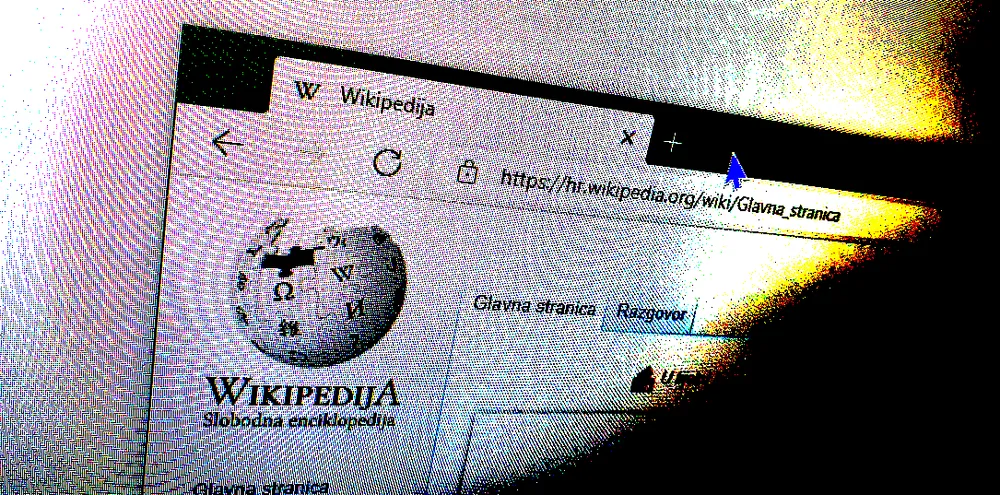Wikimedia bans admin of Wikipedia Croatia for pushing radical right agendas
The Wikimedia Foundation has banned the administrator of the Croatian version of Wikipedia after an investigation revealed that together with other admins, they edited and distorted content on the site with radical right views.
This group had de-facto control of the website between 2011 and 2020, the Wikimedia Foundation said in a report published earlier this month.
"It appears that this group consisted of real-life friends, ideological sympathisers, and political allies," the organization said.
The Wikimedia Foundation said it found that this group "systematically produced and edited articles containing unencyclopaedic content and overt historical revisionism," often using questionable online sources to portray fringe views as political or historical facts.
"Many articles created and edited by the members of this group present the views that match political and socio-cultural positions advocated by a loosely connected group of Croatian radical right political parties and ultra-conservative populist movements," the organization said.
This included:
- Claiming that Hitler attacked Poland and started World War II after the Poles committed genocide against Germans.
- Redefining a World War II concentration camp as a labor camp.
- Attempting to introduce neutral views in articles about World War II and the Ustaša (Croatian fascist and ultranationalist organization during WW2) leaders involved in mass killings.
- Creating the term of "yugocommunism" to describe an alleged conspiracy against the Croatian nation by the members of the Yugoslav Communist Party during the country's inclusion in the now-defunct state of Yugoslavia.
- Pushing opinions that EU decision-making endangers Croatia's sovereignty.
- Claiming that the EU had used propaganda to trick Croatian citizens into joining the European Union.
- Using far-right news sources to denigrate left and liberal activists and politicians.
- Attempting to introduce right-wing ideological theories such as "de-Croatisation," "Croatian Silence," and "de-Tudkmanisation" into hundreds of encyclopedic articles.
These and many other incidents and article edits are described in a Wikimedia Foundation's 61-page report [PDF] published earlier this month.
However, while these issues are new for English-speaking users, many of this group's questionable edits had been known to Croatian press and users since 2013, when a Facebook page began exposing some of the most controversial articles found on the site.
Since then, several other Croatian Wikipedia editors tried to wrestle control of the site's moderation away from this closed group but failed multiple times.
The Wikimedia Foundation got involved last year after it was discovered that the administrator of Croatian Wikipedia had been using sockpuppet accounts to manipulate discussions and staff elections on the site.
The administrator, identified as Kubura, was globally banned from Wikipedia in November 2020, and new management was allowed to take roles on the site, according to an announcement from the Wikimedia Foundation published last week.
The Wikimedia Foundation's report on the abuses of this team also points to possibly similar far-right-based editing on Wikipedia's Serbian version as well.
This is the second major Wikipedia scandal in the past year. In September 2020, the Wikimedia Foundation said it found and banned a public relations (PR) firm that had created and used a network of sockpuppet accounts to edit the site on behalf of some of its customers.
Catalin Cimpanu
is a cybersecurity reporter who previously worked at ZDNet and Bleeping Computer, where he became a well-known name in the industry for his constant scoops on new vulnerabilities, cyberattacks, and law enforcement actions against hackers.



